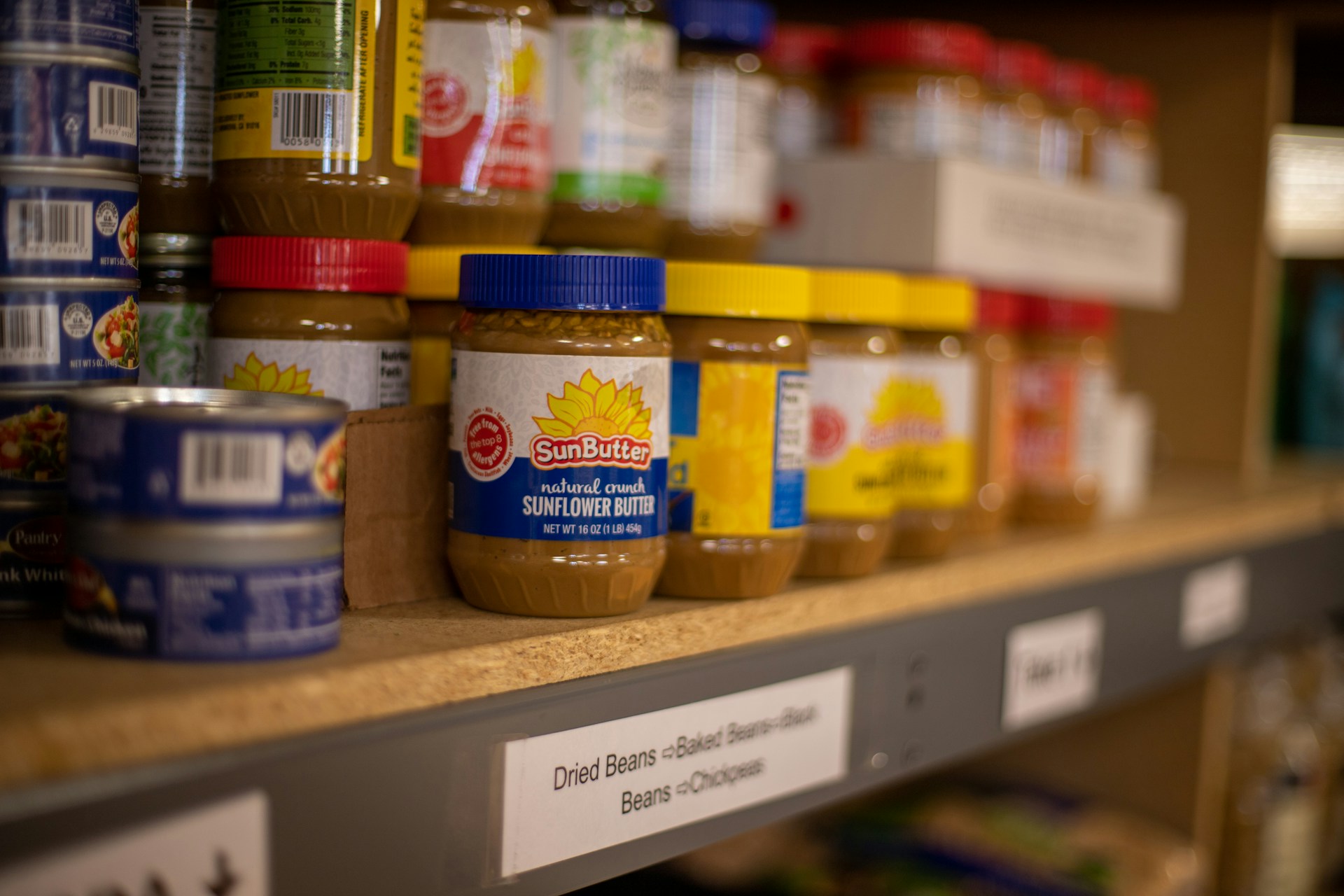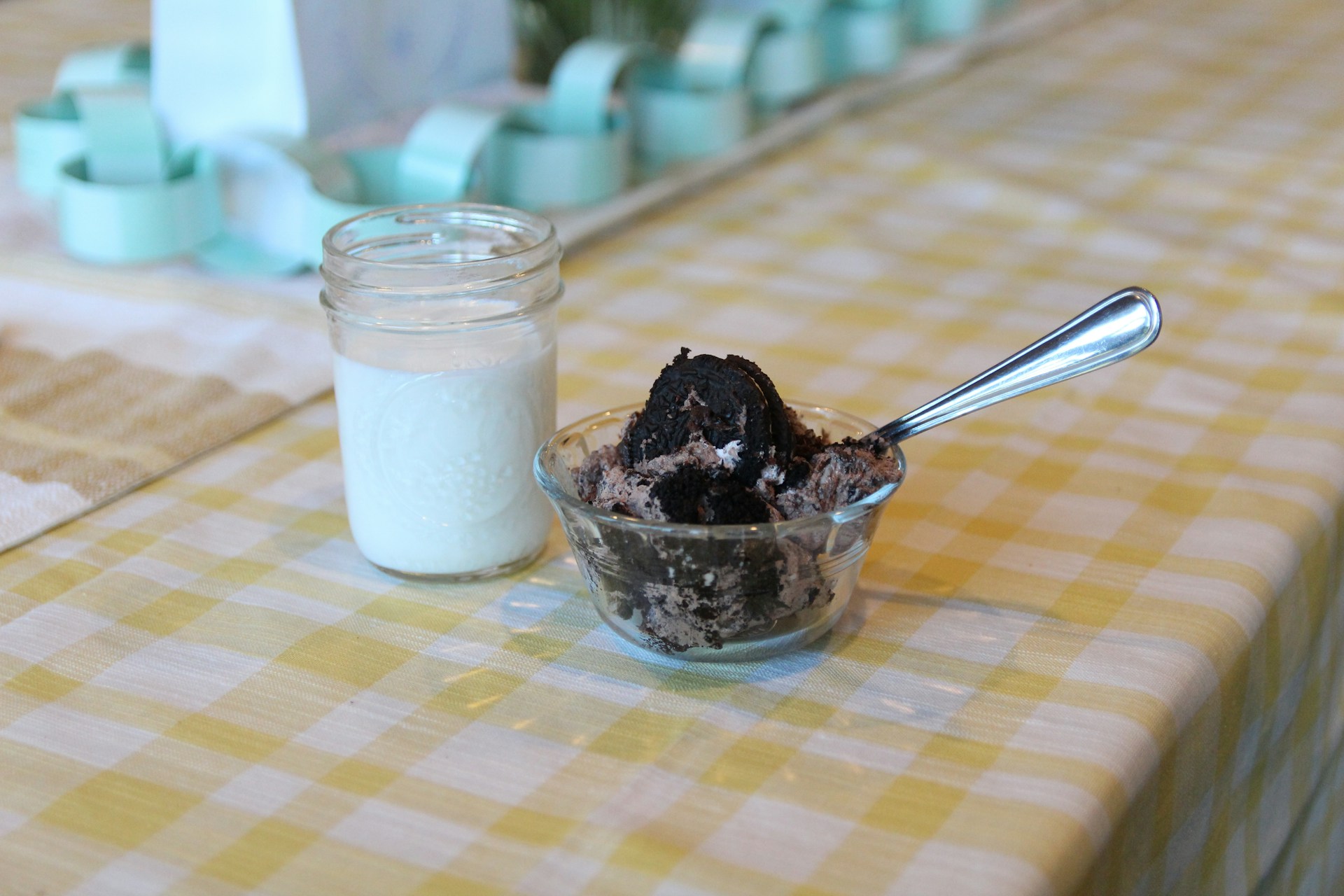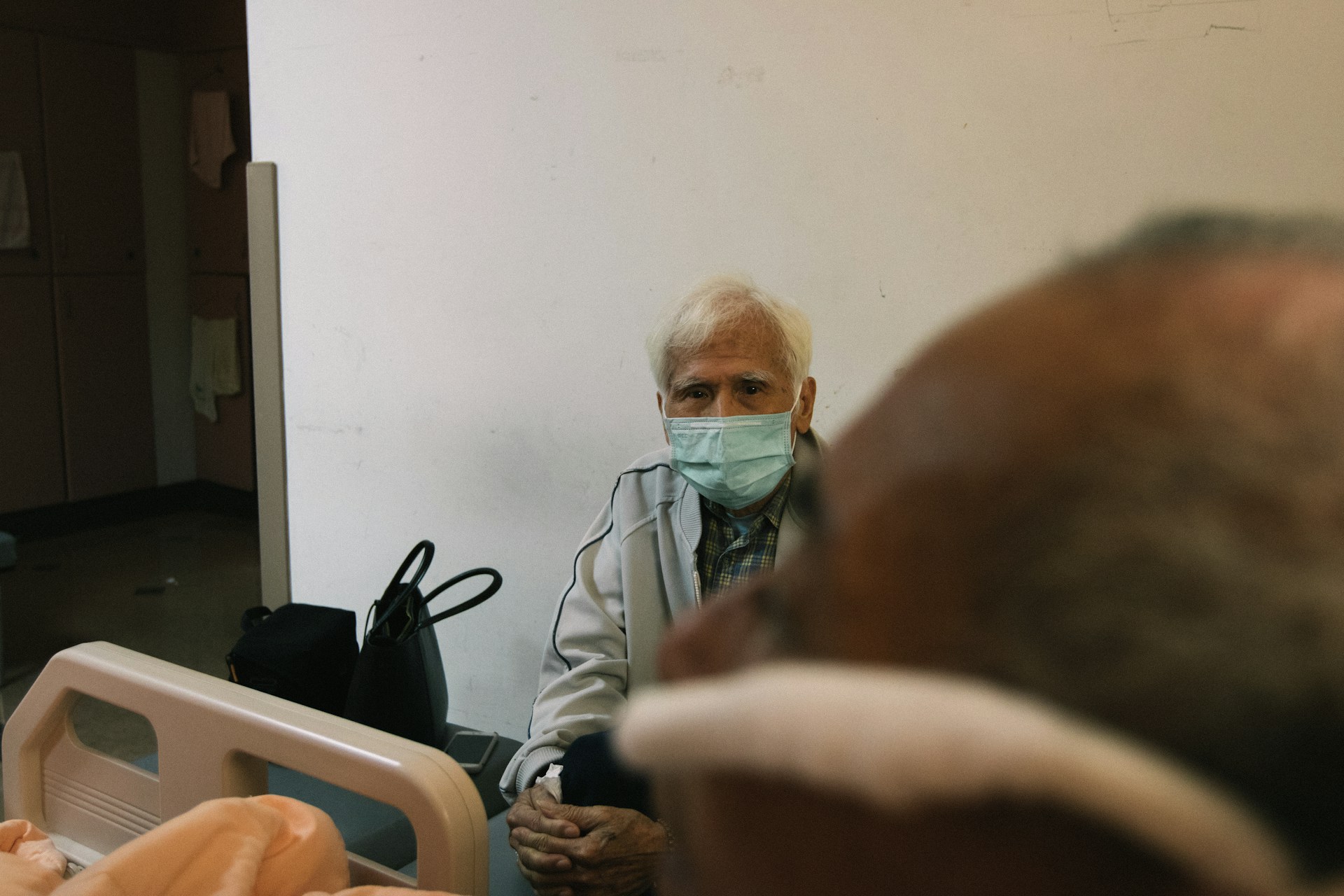Maternal Knowledge of Nutrition and Protein Consumption Patterns Based on Local Food in Stunted Under Two Years Children
Pengetahuan Ibu tentang Gizi dan Pola Konsumsi Protein Berbasis Pangan Lokal pada Anak Baduta Stunting
Downloads
Background: Stunted in under two years children have the potential to suffer a decrease in intellectual ability, productivity disorder, and an increased the risk of degenerative diseases in the future.
Objectives: This study aims to determine the relationship between maternal knowledge of nutrition and protein consumption pattern based on local food in stunted under two years children.
Methods: The design of this research is Cross Sectional. Purposive sampling method obtained 35 subjects, Maternal knowledge of nutrition is measured by using a questionnaire, protein consumption patterns is measured by using the Semi FFQ form. Spearman Product Moment Test is used to bivariate test.
Results: There is no correlation between maternal knowledge of nutrition and local food-based protein adequacy in stunted under two years children (p = 0.214 > 0.05). Further test showed that there was a significant relationship between maternal knowledge of nutrition and the frequency of protein consumption patterns based on local foods with p= 0.023 (p< 0.05) with r= 0.384.
Conclusions: Maternal knowledge of nutrition as a determinant factor that affect the frequency of animal protein consumption based on local foods in stunted under two years children.
Departemen Kesehatan. Glosarium Data dan Informasi Kesehatan. (2006).
Arnita, S. D. Y. R. , dan M. T. S. Hubungan Pengetahuan dan Sikap Ibu dengan Upaya Pencegahan Stunting Pada Balita di Wilayah Kerja Puskesmas Simpang Kawat Kota Jambi: xVol. (1) . Jurnal Akademika Baiturrahin Jambi 1, (2020).
Departemen Kesehatan RI. Riset Kesehatan Dasar RI, Hasil Utama Riskesdas 2018. (2018).
Dinas Kesehatan Provinsi Jawa Timur. Riset Kesehatan Dasar Provinsi Jawa Timur, Hasil Utama Riskesdas Jawa Timur 2018. (2018).
Departemen Kesehatan RI. Riset Kesehatan Dasar RI, Hasil Utama Riskesdas Jawa Timur 2018. (2018).
BAPPEDA. Penetapan Desa Prioritas Percepatan Pencegahan Stunting Kabupaten Malang Tahun 2021. (2021).
Maulidah WB, R. N. S. Faktor yang berhubungan dengan kejadian stunting pada balita di Desa Panduman Kecamatan Jelbuk Kabupaten Jember. Ilmu Gizi Indonesia 2, 89–100 (2019).
Adelina FA, W. L. N. S. Hubungan pengetahuan gizi ibu, tingkat konsumsi gizi, status ketahanan pangan keluarga dengan balita stunting (Studi pada Balita Usia 24-59 Bulan di Wilayah Kerja Puskesmas Duren Kabupaten Semarang). Jurnal kesehatan masyarakat 6, 361–369 (2018).
Rahmawaty S, P. D. S. B. S. W. Pendidikan Gizi Seimbang bagi Ibu-Ibu yang Memiliki Anak Usia 3-5 Tahun di Desa Kopen Boyolali. Jurnal Warta LPM 25, 29–34 (2022).
Notoatdmodjo, S. Metodologi Penelitian Kesehatan. (PT. Rineka Cipta , 2014).
Andini, A. S. Hubungan Pengetahuan Ibu Tentang Gizi Terhadap Kecukupan Protein Pada Anak Stunting Usia 24 – 59 Bulan di Desa Brongkal Kecamatan Pagelaran Kabupaten Malang. (STIKes Widya Cipta Husada , 2020).
Rejeki FIS. Menyusui dari Perspektif Sosial Budaya. Preprint at (2021).
R Sylvia Meristika, S. E. Perbedaan Pemberian ASI dan Susu Formula terhadap Kualitas Tidur Bayi Usia 0 – 6 Bulan di Puskesmas Sodong Hilir Tasikmalaya. Jurnal Kesehatan Pertiwi 2, 81–87 (2020).
Maghfiroh, L. Analisis Faktor Dominan yang berhubungan dengan Perilaku Picky Eater Pada Anak Toddler di Keputih Kecamatan Sukolilo Surabaya. (Universitas Muhammadiyah Surabaya , 2018).
Wanimbo, E. M. 6 (1): 89 – 93. (2020). Hubungan Karakteristik Ibu Dengan Kejadian Stunting Baduta (7-24 Bulan). Jurnal Manajemen Kesehatan Yayasan RS Dr. Soetomo 6, 89–93 (2020).
Karunawati, M. Pola Konsumsi Pangan dan Penilaian Status Gizi Progam Studi Pendidikan Pendidikan Biologi. (Universitas Sanata Dharma Yogyakarta, 2019).
Hadriyanti, R. F. Analisis Keragaman Pangan yang Dikonsumsi Balita terhadap Risiko Terjadinya Stunting di Indonesia. Jurnal UMJ 2, (2021).
Nurwijayanti. Pola Makan, Kebiasaan Sarapan dan Status Gizi Berhubungan Dengan Prestasi Belajar Siswa SMK di Kota Kediri. Jurnal Care 6, (2018).
Zebua, Astri. , H. Syaiful. , B. D. Analisis faktor-faktor yang mempengaruhi pola konsumsi pangan rumahtangga petani sayuran di kabupaten kampar. jurnal Agribisnis 21, (2019).
Riestanti, A. & H. S. Hubungan Pengetahuan Ibu Dan Pola Konsumsi Dengan Status Gizi Balita Di Wilayah Kerja Puskesmas Samigaluh I. Preprint at (2016).
Triningsih, G. Hubungan Tingkat Pengetahuan Gizi Ibu Daya Beli Keluarga Dengan Tingkat Kecukupan Energi Daan Protein Balita di PosyanduAsrama Polisi Sendang Mulyo Semarang. (Universitas Muhammadiyah Semarang , 2018).
Copyright (c) 2022 Amerta Nutrition

This work is licensed under a Creative Commons Attribution-ShareAlike 4.0 International License.
AMERTA NUTR by Unair is licensed under a Creative Commons Attribution-ShareAlike 4.0 International License.
1. The journal allows the author to hold the copyright of the article without restrictions.
2. The journal allows the author(s) to retain publishing rights without restrictions
3. The legal formal aspect of journal publication accessibility refers to Creative Commons Attribution Share-Alike (CC BY-SA).
4. The Creative Commons Attribution Share-Alike (CC BY-SA) license allows re-distribution and re-use of a licensed work on the conditions that the creator is appropriately credited and that any derivative work is made available under "the same, similar or a compatible license”. Other than the conditions mentioned above, the editorial board is not responsible for copyright violation.












































